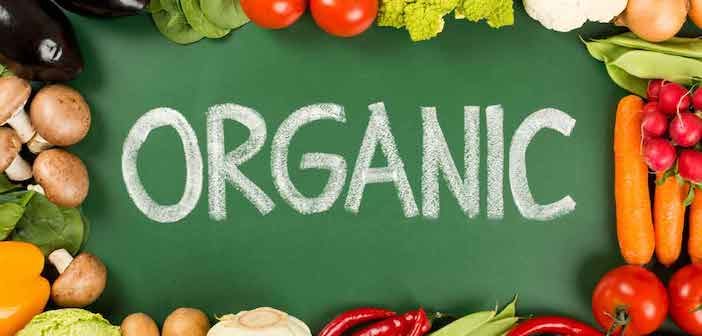Beijing World Youth Academy (BWYA) students weigh in on the issue of organic food: healthy or hyped?
Sophie, 16 (China) believes that claims on organic food are misleading.
There are many controversies present about organic food, such as its high price, varying standards, inefficiency causing extra land use, and inability to feed everyone. It is misleading to only acknowledge organic food as more nutritious, protective to the environment and containing less harmful residuals.
It is factual that the nutritional content of food varies across cultivated plants, and definite that extra nutrition can be gained by switching vegetables.
Organic farming is better for the environment. However, as long as non-organic farming methods exist, its efforts are insubstantial. Farms using antibiotics and pesticides will constantly be creating resistant species, and organic farming can hardly prevent such problems. Chemical drifts are reported in countless cases, where the contaminated water and soil reallocate due to natural phenomena, making organic farms often less organic and influential than claimed.
No one can deny that certified organic food may contain fewer residues; however, many studies suggest that the residue on non-organic food is not harmful. As natural pesticides and fertilizers are less effective, the usage would inevitably increase. According to Life Week, feces used in such fertilizers would often contain E. coli and Salmonella, hence contaminations occur more often. In addition, correct treatments of food can dramatically reduce residues. Several BBC news articles discussed how using a percolator can easily reduce 85 percent of arsenic found in rice. Biased advertisement causes consumers to make uninformed judgments, assuming that less promoted non-organic foods are toxic.
It can be concluded that organic food is a con since most of its central claims are misleading to customers. It is undeniable that quality organic food may be slightly better, however, it is significantly less beneficial than it is advertised to be. Keeping the problems of prices, the qualification process, land use and inefficiency in mind, customers may not be able to make informed decisions on the purchase of organic products.

Cherry Yan, 14 (China) points out the nutritional benefits of organic food
As long as I can prove that people’s health can benefit from adopting organic food, and that people are able to do so without difficulties, this argument will win. Since health is closely associated with quality of life, it should be prioritized above all other matters.
To start with, organic food does not contain genetically modified organisms, or GMOs, which scientists have proven to be highly dangerous. Even though organic food requires more effort and time to be produced, it is beneficial to human health.
Organic food provides better nutrition for human body. Organic vegetables are raised in fertile soil that contains rich nutrition, and organic meat comes from animals that consume organic vegetables. Organic fruits and vegetables contain more vitamins and minerals compared to other food types, making them more nutritious and safer for humans to adapt.
In addition to the health benefits, organic food is not as pricey as customers imagine. When you compare food prices, you might find that organic food is about a half more expensive than its non-organic counterparts. But again, organic food does not cost excessively more than non-organic food, which proves the notion that “organic food is not affordable” incorrect. People can obtain a healthier lifestyle while spending less money; therefore is definitely a beneficial act.
Photos: Courtesy of BWYA




